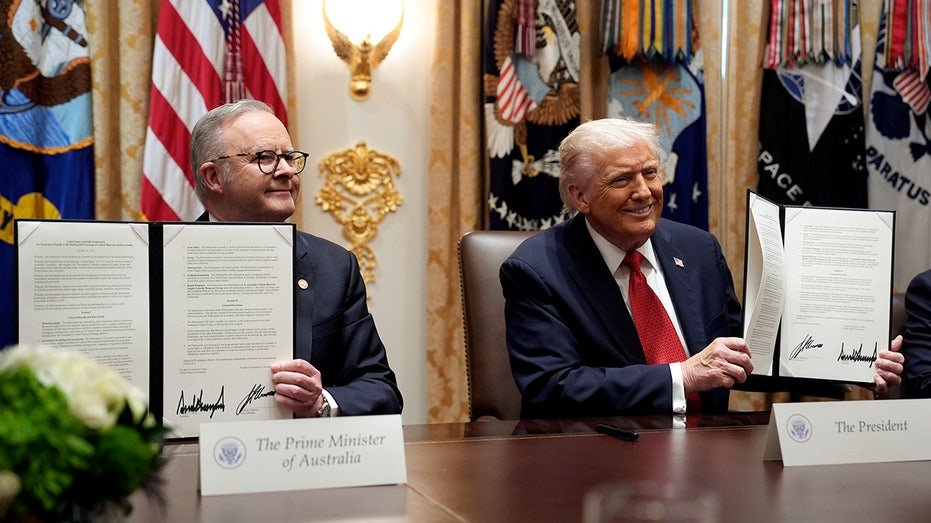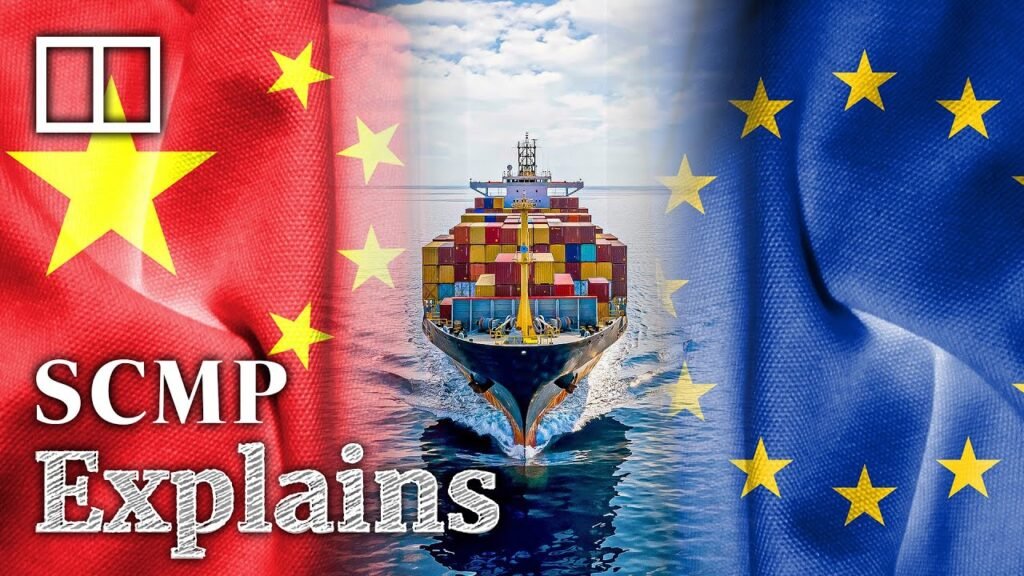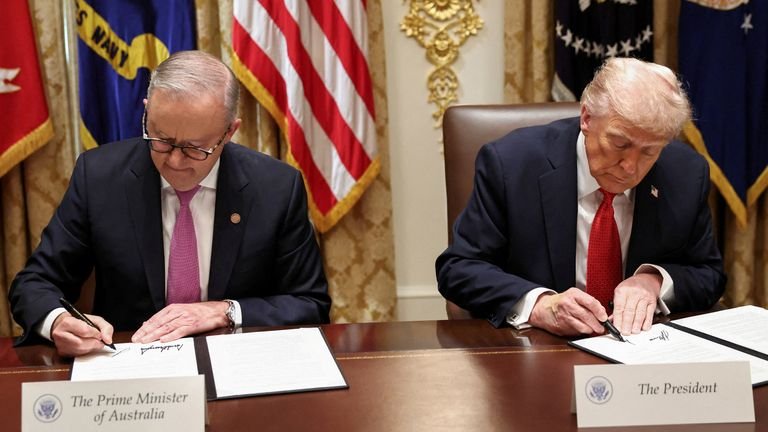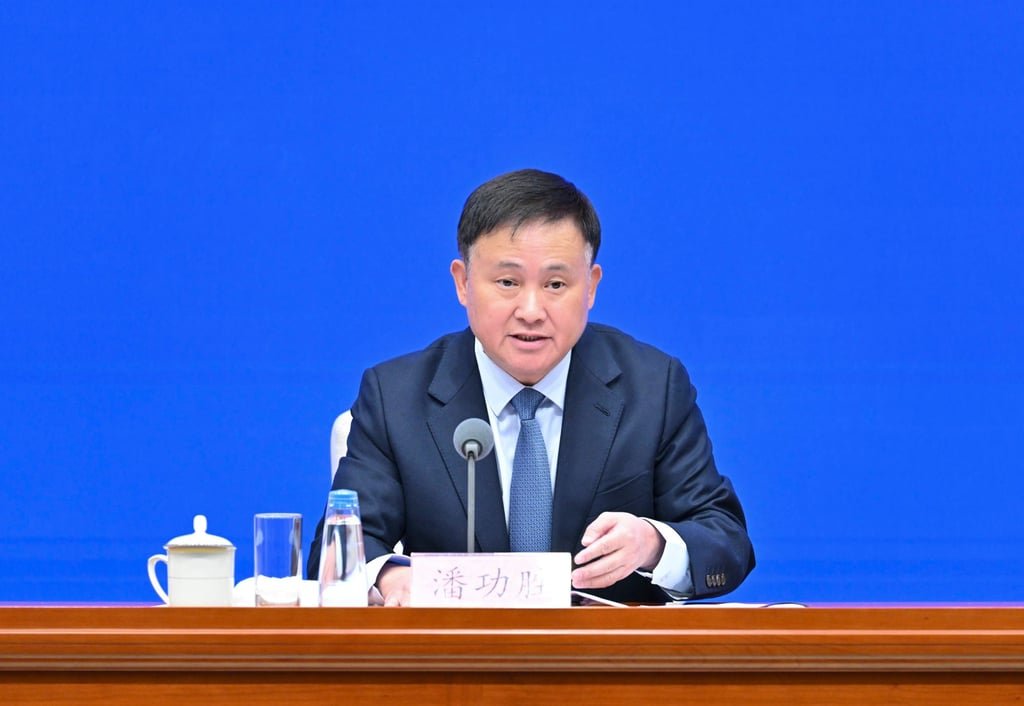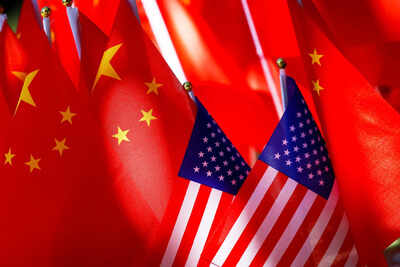
Beijing’s recent expansion of rare earth export controls appeared to intensify the US-China trade war, but analysts point out the dispute began with a US action in late September. According to a report in the South China Morning Post, the decision by the US Bureau of Industry and Security (BIS) to widen its trade blacklists in late September angered China, leading to a slew of retaliatory measures against the US. In late September, the US Bureau of Industry and Security (BIS) broadened its trade blacklists, that is said to have prompted not only China’s retaliatory measures but also influencing the Netherlands’ seizure of chip firm Nexperia.The BIS oversees two blacklists — the entity list and the military end-user list — targeting companies deemed security threats. Previously, US exporters needed licenses to deal with listed entities. The new rules, effective late September, extend restrictions to any company at least 50% owned by listed entities.
US expands export blacklist to target Chinese companies
On September 29, the US Commerce Department issued a new rule expanding its restricted export list, known as the Entity List, to automatically include subsidiaries owned 50% or more by a company on the list, according to posting in the US Federal Register. The action is said to have greatly increased the number of companies that require licenses to receive American goods and services. The rule is likely to disrupt supply chains. It also makes it more difficult for companies to determine whether exports to a customer or supplier are restricted, and places more of a burden on the exporter to figure out ownership before moving forward.Though companies around the world are on the Entity List, the change will most significantly impact Chinese entities, experts said.
What is US trade Entity Blacklists
America puts companies on the Entity Blacklists that it has determined pose risks to US national security or foreign policy. There are reportedly about 1,100 Chinese entities on the list, according to think tank the Center for a New American Security.
What China said on US expanding export Blacklist
China’s Commerce Ministry strongly criticized the rule. “This move by the U.S. is extremely egregious in nature,” the ministry said in a statement. “It seriously infringes upon the legitimate rights and interests of the affected enterprises, severely disrupts international economic and trade order and gravely undermines the security and stability of global industrial and supply chains.”In SCMP report, Goldman Sachs analysts noted that, while the US rule applies globally, China views it as a targeted escalation.
Dutch government seizes control of Chinese chip company Nexperia
Earlier this month, Dutch government believed chipmaker Nexperia’s Chinese owners planned to move its manufacturing operations to China, prompting the unprecedented seizure of the company. Authorities seized control of Nexperia’s management and ousted its Chinese CEO, Zhang Xuezheng, citing national security concerns.

